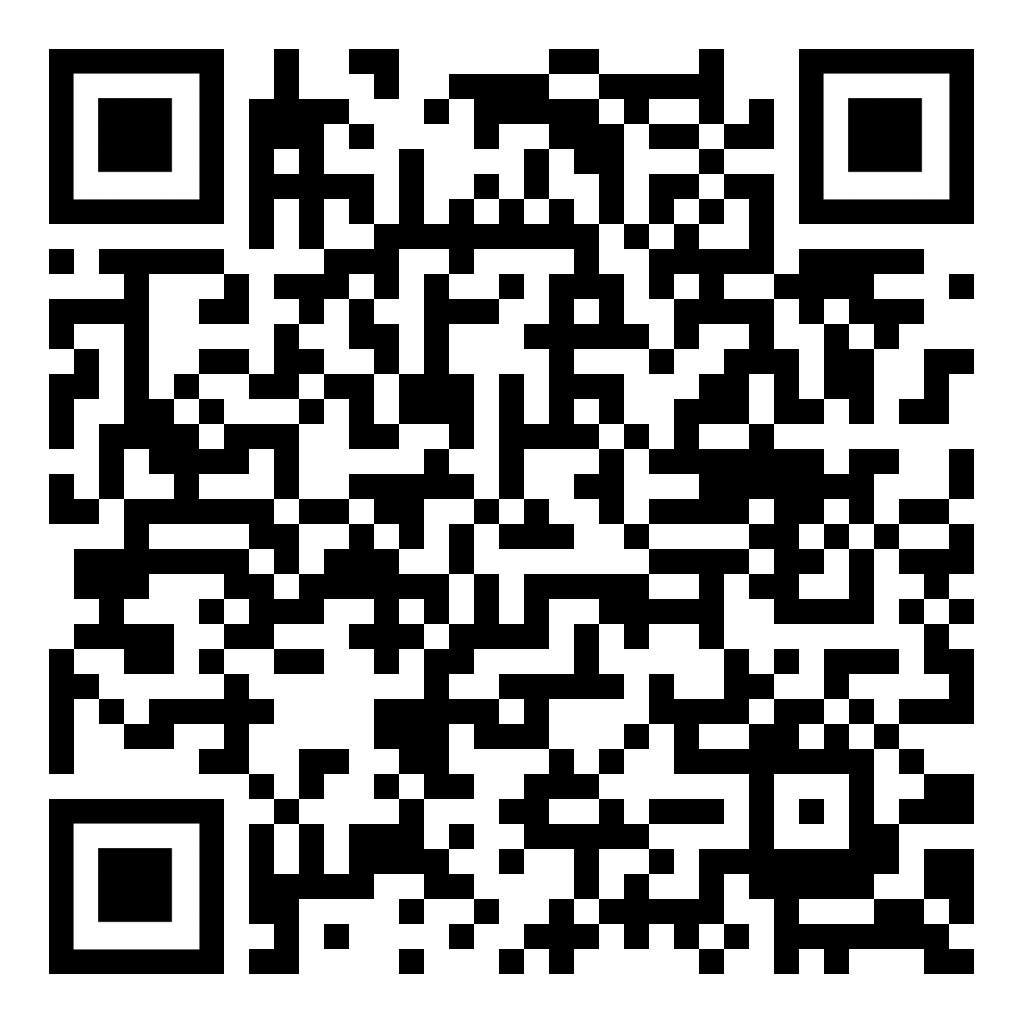What Is the Care Certificate?
The Care Certificate is a nationally acknowledged qualification designed for individuals beginning their careers in the health and social care sectors. These care certificate standards outline the essential knowledge, skills and behaviors that promote safe, compassionate and high-quality care.
The Care Certificate is built around 15 standards covering various topics that are required to provide adequate support across a variety of care settings. With the care certificate answers your careskillslearning will be clear by covering all the gaps.
Care Certificate Workbook Answers 1-15 Standards
The care certificate answers supply answers to the questions you will encounter while finishing the care certificate courses. From the care certificate answers '' standard 1 to 15, you will get 15 care certificate answers in care skills training. The intention of care skill training is clear: to brush up on your knowledge about the care certificates. Let's have an overview of the 15 standards of the Care Certificate.
|
Standard |
What It Entails |
|
Standard 1: Understanding Your Role |
Knowing about your duties, responsibilities and how your role fits within the care setting |
|
Standard 2: Personal Development |
Reflecting on your work and learning how to better your knowledge, talents, and practice |
|
Standard 3: Duty of Care |
Comprehending your legal and ethical obligations to keep people safe from harm |
|
Standard 4: Equality and Diversity |
Valuing each individual as a person and treating all fairly and without bias |
|
Standard 5: Working in Partnership |
Collaborating effectively with others, which includes your coworkers and external experts |
|
Standard 6: Communication |
Employing clear, respectful and effective communication to help people's requirements |
|
Standard 7: Privacy and Dignity |
Respecting people's personal space, choices, and privacy at all times |
|
Standard 8: Fluids and Nutrition |
Supporting people to have sufficient food and fluids for their health and well-being |
|
Standard 9: Awareness of Mental Health |
Learning about common mental health conditions and advancing emotional well-being |
|
Standard 10: Safeguarding Adults |
Protecting adults from abuse, neglect, and exploitation and knowing how to respond |
|
Standard 11: Safeguarding Children |
Identifying signs of child abuse or neglect and knowing how to react in distress |
|
Standard 12: Basic Life Support |
Knowing how to perform CPR and respond in emergency conditions |
|
Standard 13: Health and Safety |
Adhering to the process to reduce risk and to provide a safe working atmosphere |
|
Standard 14: Handling Information |
Keeping personal details safe, secure, and in a line with data protection laws |
|
Standard 15: Infection Prevention and Control |
Following the process to eliminate the spread of infections in care settings |
Care Certificate Answers
In this section, you will see what each of these Care Certificate module standards denotes in detail.
Care Certificate Standard 1 Answers: Understanding Your Role
Objective: The objective of the care certificate answers standard 1 talks about your job responsibilities, perimeters, and how to act in your role.
Key Tasks:
- Recognise your responsibilities
- Follow professional conduct and values
- Report to your superiors
- Knowing what is expected of you
✍️Answer
You must understand your daily care duties and how they support your overall team goals. It includes personal care and also ensures dignity. Adhere to core values such as privacy, respect, and acting in the client's best interests. To work within the confines of your role as it helps maintain boundaries, deliver effective care and foster confidence.
Care Certificate Standard 2 Answers: Personal Development
Objective: The aim of the care certificate workbook answer 2 is to enhance your talents and knowledge, so you can be a better caregiver.
Key Tasks:
- Better your skills
- The importance of free care certificate training, feedback, and supervision
- Encourage reflectiveness on yourself, and also learn from the experience.
✍️Answer
You must explain how you plan to develop your talents through goal-setting, training, feedback, and self-reflection. Moreover, to create a development module to track your progress and to better yourself continuously for high-quality care.
Care Certificate Standard 3 Answers: Duty of Care
Objective: The aim is to protect those who are in your care by being cautious and preventing harm.
Key Tasks:
- Identify risks and hazards
- Tackle any complaints and difficult situations
- Spot safe and unsafe practices
- Take decisions that prioritise safety
✍️Answer
Care certificate and code of conduct standards include being responsible, making good decisions, and prioritising the safety and demands of those for whom you care. When you handle complaints, you must listen carefully, stay calm, adhere to procedures, and report to a senior if necessary. If still unsure, you may ask for aid, follow team policies, and get help from your supervisor.
Care Certificate Standard 4 Answers: Equality and Diversity
Objective: Ensure fairness and respect for all, irrespective of their differences
Key Tasks:
- To learn the UK's anti-discrimination laws
- Respect others' truths and backgrounds
- Know about protected characteristics
- Understand the correct method to deal with complaints and insist on fair treatment.
✍️Answer
Diversity, equity and inclusion mean respecting people's differences, avoiding cliches, and supporting personal choices. Care workers must also raise their voice against discrimination professionally and supply person-centred support to build trust and ensure everyone feels safe and valued.
Care Certificate Standard 5 Answers: Working in Partnership
Objective: To collaborate effectively with coworkers, families and other experts.
Key Tasks:
- Know what person-centred care means
- To share details appropriately
- Hear others
- Encourage independence
- Work towards common goals
✍️Answer
Standard 5 care certificate answers mean placing the person at the heart of all decisions and respecting their needs, preferences, and choices. This includes supporting independence, involving them in a self-care plan, and also allowing the choice in how they get support.
Care Certificate Standard 6 Answers: Communication
Objective: Ensure that your messages are clear.
Key Tasks:
- Learn the part of effective communication.
- Overcome hurdles for better care
- Promise confidentiality
- Adapt methods to suit the person
✍️Answer
Care certificate workbook states that communication is the key to sharing and receiving details in care, helps build trust and deliver quality support. You can also overcome hurdles like language or noise with devices like visual aids or translators. Moreover, active listening, ensuring confidentiality, and precise wording are vital for effective care communication.
Care Certificate Standard 7 Answers: Privacy and Dignity
Objective: To respect a person's personal boundaries, preferences, and self-worth.
Key Tasks:
- Give people choices and protect their privacy
- Build trust with the individual under your care
- Understand the value of giving respect and emotional well-being
✍️Answer
Respecting privacy and dignity means that you maintain confidentiality, protect people's personal spaces, and respect people's choices. To build trust and help people feel safe and respected, especially those with conditions such as dementia or reduced mobility. Simple actions like knocking before entering or giving preferences in personal care show compassion and professionalism.
Care Certificate Standard 8 Answers: Fluids and Nutrition
Objective: Ensure people get the correct food and fluids.
Key Tasks:
- Identify signs of poor nutrition and hydration
- Understand needs related to diet and safety
- Support those under your care
✍️Answer
To identify poor nutrition and hydration that involves recognising signs such as weight loss, confusion, or dry skin, and then responding with person-centred care. It is paramount to meet individual dietary demands, ensure the safety of food, and build a calm, supportive eating atmosphere.
Care Certificate Standard 9 Answers: Awareness of Mental Health, Dementia, and Learning Disabilities
Objective: Careskills academy care certificate answers help you learn how to support those with cognitive health and other needs.
Key Tasks:
- Learn about different conditions
- Tackle stigma and work with empathy
- Provide person-centred care
✍️Answer
You must understand common conditions like dementia and learning disabilities, and approach them with empathy and person-centred care to support their daily lives. In addition, identify the impact of stigma and the importance of fostering trust through compassion and understanding.
Care Certificate Standard 10 Answers: Safeguarding Adults
Objective: Safeguard vulnerable adults from abuse and harm.
Key Tasks:
- To identify all types of abuse and give a hint that someone might be at risk.
- Tackle problems related to someone's safety
- Learning the safeguarding procedures
✍️Answer
You must identify diverse kinds of abuse and their signs, and explain how to report and tackle such concerns effectively. Moreover, emphasise that it is every individual's responsibility to align their actions with the Care Act 2014 to protect adults from harm.
Care Certificate Standard 11 Answers: Safeguarding Children
Objective: Protect children from abuse, harm and neglect.
Key Tasks:
- Learn to identify and report abuse promptly
- To report signs of neglect in a child
- Follow child safeguarding policies
✍️Answer
Recognising signs of child abuse or neglect and understanding the significance of reporting concerns quickly by following the correct procedures. Underline your knowledge of laws such as the Children Act, and stress that it is everyone's duty to protect children.
Care Certificate Standard 12 Answers: Basic Life Support
Objective: Understand how to act in case of emergencies like heart attacks.
Key Tasks:
- Learning the CPR steps
- To know what to do in a workplace emergency
- Reflect on the significance of regular careskillslearning, training and refreshers.
✍️Answer
Explain the primary steps of CPR, which include checking responsiveness, calling for help, performing chest compression, employing an AED, and employing a recovery position. Underline the importance of knowing workplace emergency processes and staying abreast with training to respond quickly and safely.
Care Certificate Standard 13 Answers: Health and Safety
Objective: Preserve a safe atmosphere for yourself and others.
Key Tasks:
- Adhere to health and safety regulations
- Use PPE correctly
- Be careful of potential risks and use tools safely
✍️Answer
Under the careskills academy answers pdf, you are responsible for adhering to safe procedures in case of emergencies, such as PPE, reporting risks, and recognising workplace hazards. Demonstrate your knowledge of safety moving techniques, relevant laws such as the Health and Safety at Work Act 1974, and infection control.
Care Certificate Standard 14 Answers: Handling Information
Objective: Under the answers to Care Certificate 14, you must keep personal and health-related details secure and respectful
Key Tasks:
- Understand how to give details while keeping in mind the privacy.
- Learn about the different laws of confidentiality
- Know who to go to for support and how
✍️Answer
Care certificate questions and answers 14 concentrates on handling details securely and respectfully, while keeping in mind confidentiality in care settings. Demonstrate your understanding of GDPR and data protection laws through instances such as utilising locked storage, password protection, and getting help when required.
Care Certificate Standard 15 Answers: Infection Prevention and Control
Objective: Care certificate standards 15 talks about how to prevent the spread of infections.
Key Tasks:
- Understand the importance of hand hygiene
- Learn about how infections spread and how to avoid them
- Learn the proper hierarchy of reporting hazards and your duties.
✍️Answer
For "how to get a care certificate" 15, you must concentrate on preventing the spread of infections by following hygiene practices such as using PPE, correct cleaning, and avoiding the sharing of equipment. Furthermore, showcase your understanding of reporting hazards, maintaining safety, and applying the WHO Infection Prevention and Control guidelines in your work.

Don't Let Doubt Hold You Back : Get Your Answers Here!
 Scan me
Scan me Scan me
Scan meCore Principles in the Care Certificate
If you are starting a career in health and social care, you have to understand the core principles of the Care Certificate. Knowing how long the care certificate take to complete involves completing training and a practical assignment of the workbook questions based on the key standards. To help you succeed, you can review samples of Care Certificate questions and answers so that you have a clearer idea of what's expected. You can also take an online exam help after learning all the standards and core principles.
|
Core Principle |
What It Means (Simplified) |
|
Compassion |
Being kind, caring, and understanding towards others. |
|
Communication |
Sharing information clearly and listening carefully. |
|
Competence |
Having the right skills and knowledge to do your job well. |
|
Commitment |
Always doing your best and staying focused on giving good care. |
|
Courage |
Speaking up and doing the right thing, even when it's hard. |
|
Care |
Looking after people with real concern and attention. |
Conclusion
Completing the 15 standards of the certificate in care ensures you have the essential knowledge to provide safe and compassionate care. When you understand these standards, it not only improves your confidence but also helps protect your well-being. You can get these guides from the Care Certificate answers. Using a clear workbook as a guide is a valuable step towards achieving success. If you are wondering how long the care certificate takes to complete? So, it can take anywhere from a few days to 12 weeks to complete



 Company
Company


















